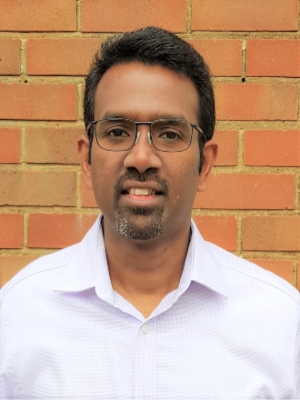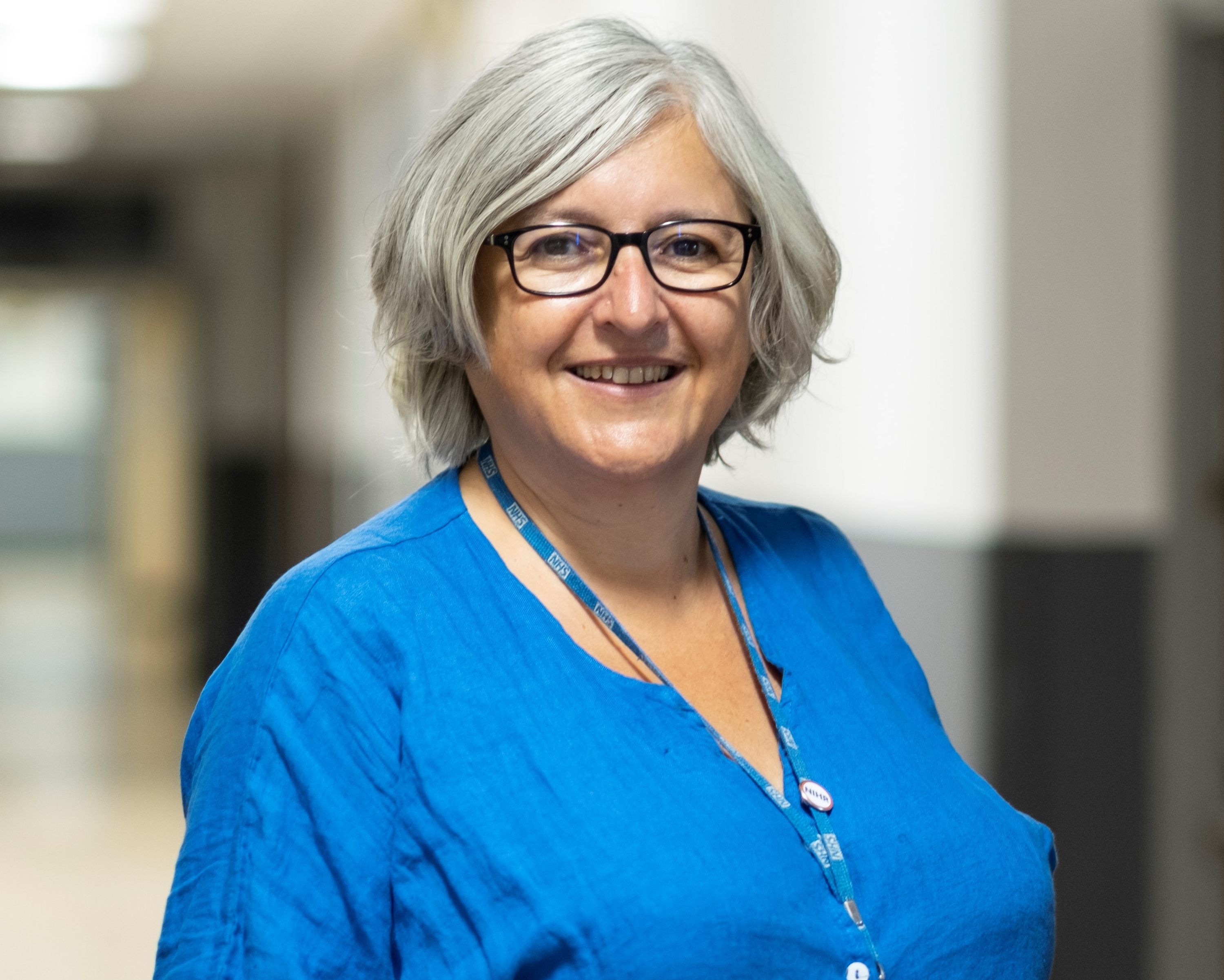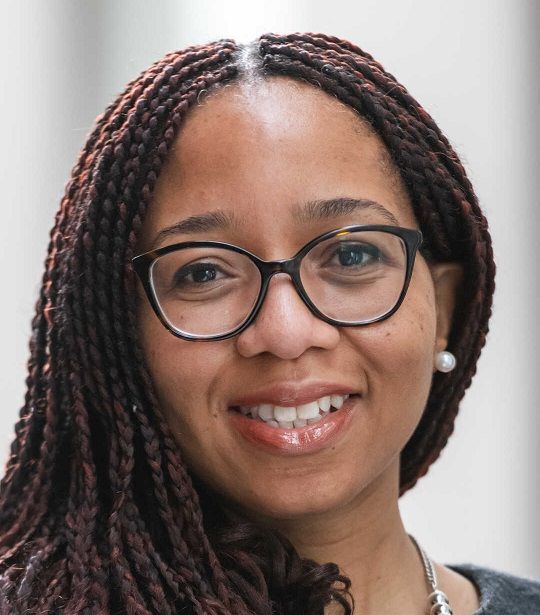RESEARCH: DEVELOPING SMART HOME TECHNOLOGY FOR PEOPLE WITH DEMENTIA
 What stage of your research career are you currently at, and what are your research interests?
What stage of your research career are you currently at, and what are your research interests?
I have been an occupational therapist for over 23 years and in my Clinical service Lead Occupational Therapist role at Imperial NHS Trust for the last 13 years. I am relatively new to research having recently completed a pre-doctoral research fellowship and starting in a clinical research fellow role at the UK Dementia Research Institute centre for Care Research & Technology (CR&T) at Imperial College London. My research interest is developing and evaluating the use of smart home technology for people with dementia and other neurodegenerative diseases.
How did you get into research?
I have had an interest in developing technology-enhanced care and digital innovations that could transform occupational therapy practice. Working within an Academic Health Science Centre (AHSC) provided me the opportunity to actively contribute to research at the CR&T as an occupational therapy collaborator. I became aware of the Nurses, Midwives, Allied Health Professionals, Healthcare Scientists, Pharmacy Staff and Psychologists (NMAHPP) clinical academic research pathway through Imperial College Clinical Academic Training Office (CATO). I was awarded a pre-doctoral fellowship funded by the Imperial Health Charity.
What do you enjoy about research?
The opportunity to gain knowledge through testing new modalities and analysing outcomes which could directly benefit patient care.
What difference has your research training and experience made to your career?
It has reshaped my perspective on assessing occupational performance i.e., analysing how individuals carry out their daily activities. It has also reignited my interest in viewing occupational therapy as a science.
What do you think is the greatest misconception about clinical academia?
The notion that a strong research background is a prerequisite for stepping into clinical academic roles and that allied health professionals like me in senior leadership roles could not transition into clinical academia.
What challenges do you face as a researcher?
Although I have transferable clinical and leadership skills to bring to the field of technology-enhanced care, I have had a huge learning curve in terms of my research skills.
How has research changed your clinical practice?
Broadly, to critically analyse all aspects of my clinical practice. In particular, we now have the tools to continuously and unobtrusively evaluate the real-time performance of individuals with dementia as they engage in activities of daily living (ADL) within their homes. This involves employing Machine Learning algorithms to analyse behaviours and generate predictive risk alerts, a departure from relying on observed ADL snapshots, allowing for a more accurate understanding of their abilities.
What has made a difference to progressing your research career?
I have benefited from working in a supportive environment for pursuing research interests i.e., the Imperial AHSC, supported by the CATO for resources and training. Mentorship from the lead clinical academic for AHPs and funding from the Imperial Health Charity towards my pre-doctoral research fellowship have been invaluable.
Where do you see your clinical academic career going over the next 5 years?
My goal is to make meaningful contributions to enhancing the lives of individuals affected by dementia, within North West London and beyond. My ambition is to translate my research for real-world impact by pursuing doctoral and post-doctoral studies. Additionally, in my role on the Royal College of Occupational Therapy Research and Innovation board, I aim to advocate for advancing technology-enhanced occupational therapy practice nationally.
Julian Jeyasingh-Jacob, Clinical Service Lead Occupational Therapist, Imperial College Healthcare NHS Trust, j.jeyasingh-jacob@imperial.ac.uk
To download Julian's case study please click here: Julian Jeyasigh-Jacob - Case Study (PDF)
Useful links
Contact us
The CATO Team and Radiographers Incubator work on a Hybrid model, combining days in the office with days working from home – the best way to reach us is by email.
cato@imperial.ac.uk
radresearch@imperial.ac.uk
+44 (0)20 3313 7397



